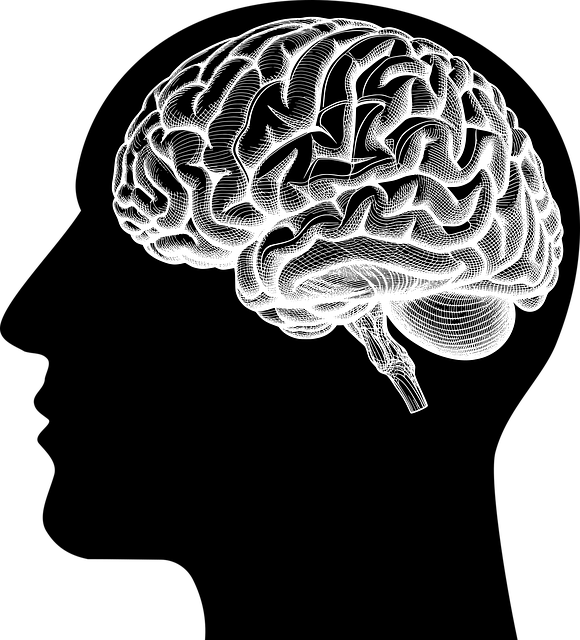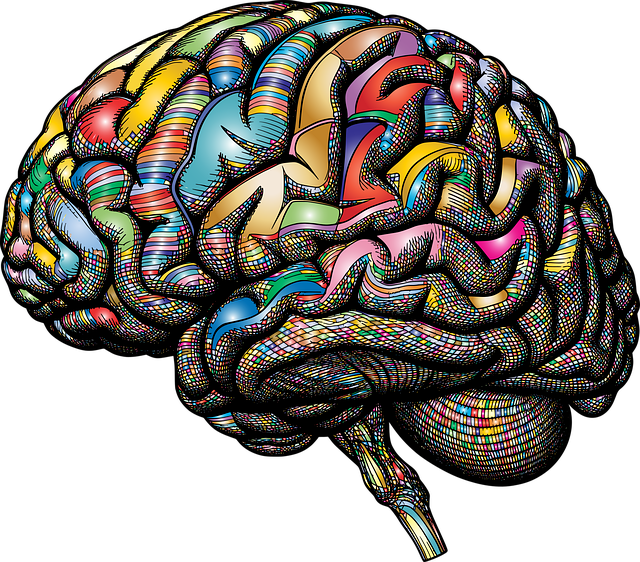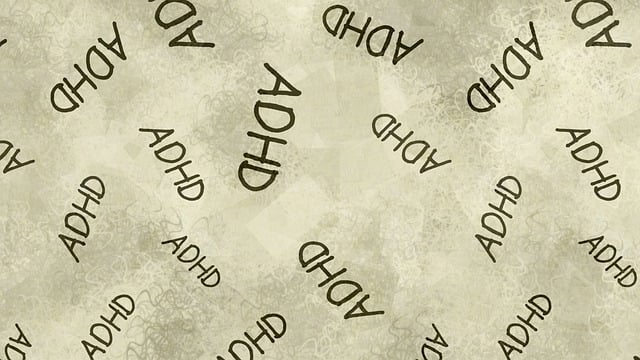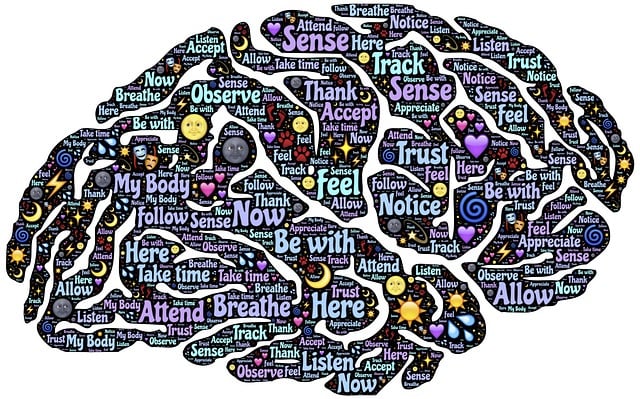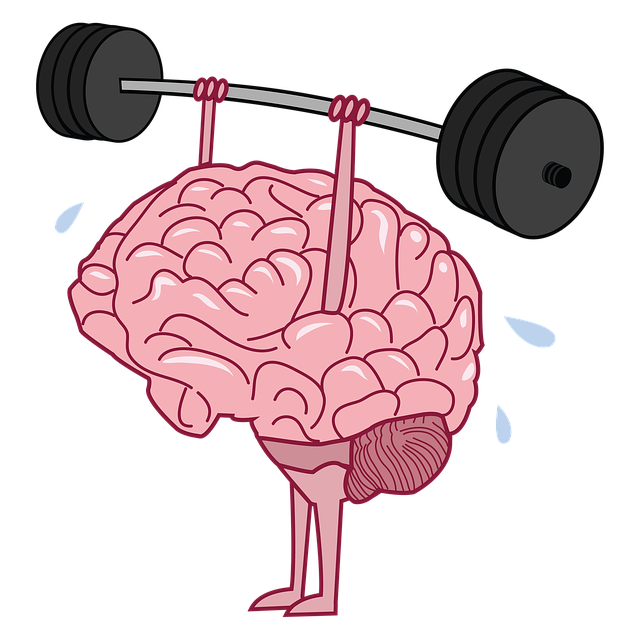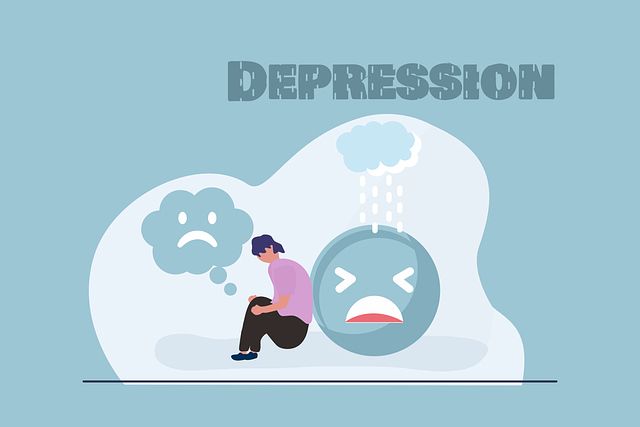Cultural competency is crucial in providing effective therapy for elders with neuro disorders, addressing unique emotional and communication challenges. Training should focus on enhancing emotional intelligence and mental health awareness, fostering open dialogue between healthcare providers and patients to improve outcomes. Integrating diverse perspectives, case studies, role-playing, and workshops into training curriculums equips professionals to deliver culturally sensitive care, build trust, and empower seniors with neuro disorders and their caregivers, ultimately enhancing therapeutic outcomes.
Cultural competency training is essential for healthcare providers treating elders with neuro disorders. This article explores the significance of understanding cultural nuances in geriatric neurology, focusing on improving patient outcomes and satisfaction. We delve into the impact of cultural sensitivity, present strategies for effective training programs, and provide best practices to enhance care delivery. By implementing these approaches, therapy for elders with neuro disorders can become more personalized and compassionate, ultimately fostering better health outcomes.
- Understanding Cultural Competency in Healthcare for Elders with Neuro Disorders
- The Impact of Cultural Sensitivity on Patient Outcomes and Satisfaction
- Strategies and Best Practices for Implementing Effective Training Programs
Understanding Cultural Competency in Healthcare for Elders with Neuro Disorders

Cultural competency is a critical aspect of healthcare that often requires specialized attention when it comes to elders with neuro disorders. These individuals face unique challenges due to age-related changes and their specific neurological conditions, which can impact how they perceive and interact with health services. Understanding cultural nuances and incorporating them into therapy for elders with neuro disorders is essential for delivering effective care.
Training in this area should focus on enhancing emotional regulation skills, as many neuro disorders affect an individual’s ability to manage their emotions. Mental health awareness and emotional intelligence play a pivotal role in building bridges between healthcare providers and these patients. By recognizing and respecting cultural differences, healthcare professionals can create a supportive environment that fosters open communication, improving overall treatment outcomes for elders with neuro disorders.
The Impact of Cultural Sensitivity on Patient Outcomes and Satisfaction

Cultural sensitivity plays a pivotal role in shaping patient outcomes and satisfaction within healthcare settings, particularly when addressing the unique needs of elderly patients with neuro disorders. In an increasingly diverse medical landscape, healthcare providers who offer culturally competent care have been shown to foster better engagement and trust among their patients. This connection is especially significant for elders with neurological conditions, who may face communication barriers due to language differences or cognitive impairments. By incorporating cultural sensitivity into patient interactions, providers can create a safe environment, encouraging open dialogue about symptoms, treatment preferences, and personal beliefs related to health and therapy.
This approach extends beyond basic translation services; it involves understanding the patient’s cultural framework for interpreting their condition and preferred therapeutic interventions. For instance, stress management workshops tailored to meet the needs of diverse communities can empower elders with neuro disorders and their caregivers. Such initiatives, promoted by organizations focused on mental health policy analysis and advocacy, enhance emotional intelligence among healthcare professionals and patients alike, ultimately contributing to improved patient outcomes and satisfaction.
Strategies and Best Practices for Implementing Effective Training Programs

Implementing effective cultural competency training for healthcare providers requires a strategic approach that goes beyond surface-level awareness. One key strategy is to integrate diverse perspectives and real-life scenarios into the curriculum. This can include case studies featuring individuals from various ethnic, cultural, and socioeconomic backgrounds, particularly focusing on those with neuro disorders, to highlight unique challenges and preferences in therapy for elders. By engaging participants in role-playing exercises that simulate complex patient interactions, trainers can foster empathy and refine communication skills.
Additionally, combining traditional training methods with interactive workshops and group discussions facilitates active learning. Encouraging open dialogue about cultural biases and unconscious preconceptions allows trainees to reflect on their own experiences and perspectives. Incorporating emotional healing processes, conflict resolution techniques, and mental wellness journaling exercises as part of the curriculum can help healthcare professionals develop culturally sensitive approaches that address not just physical health but also the holistic well-being of diverse patient populations.
Cultural competency training is a game-changer in healthcare, especially for elders with neuro disorders. By enhancing cultural sensitivity, we can significantly improve patient outcomes and satisfaction. Implementing effective training programs that incorporate best practices, as discussed in this article, will ensure caregivers are equipped to provide tailored therapy for elders with neuro disorders. This approach fosters a more inclusive and compassionate healthcare environment, ultimately leading to better care and improved quality of life for all patients.


